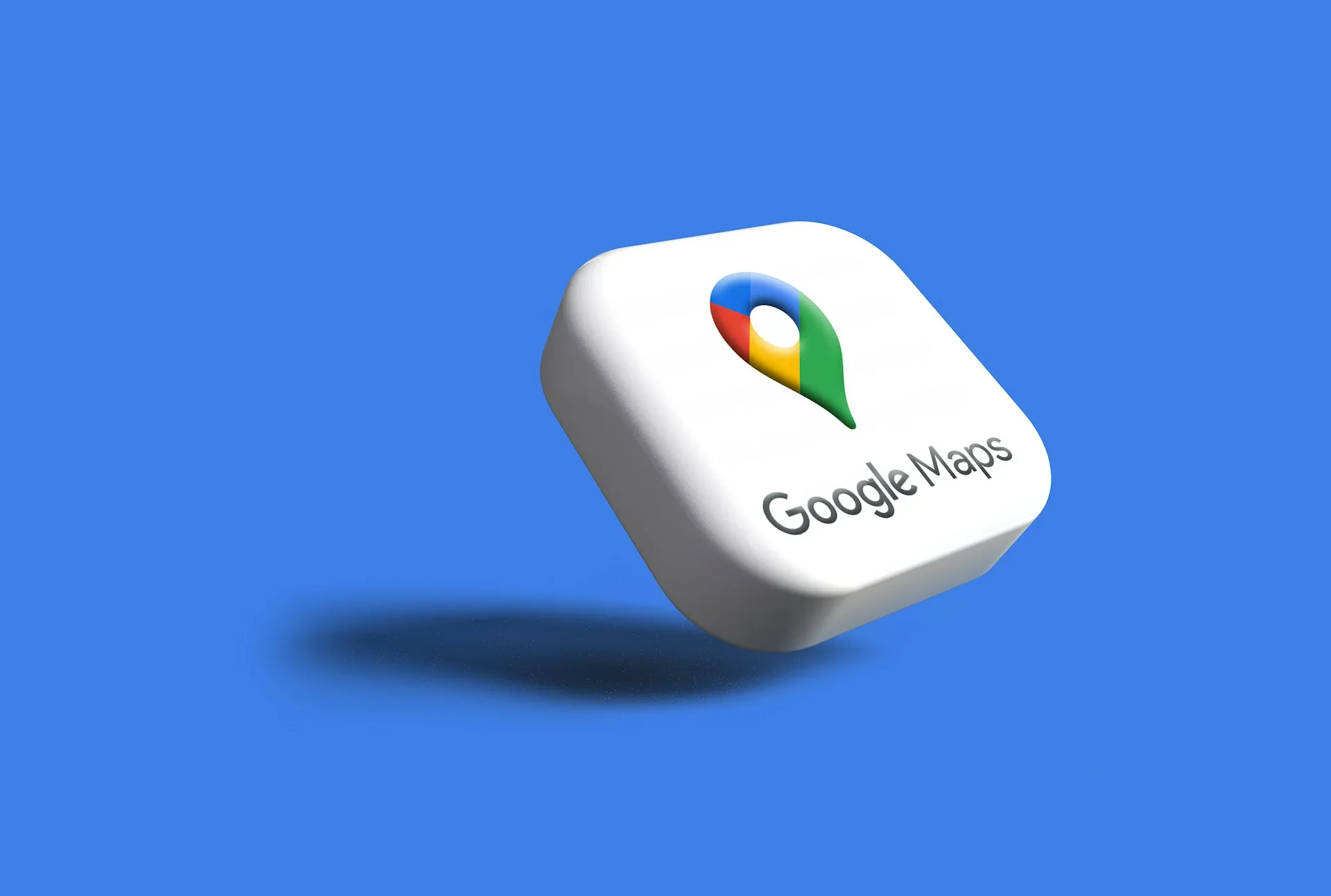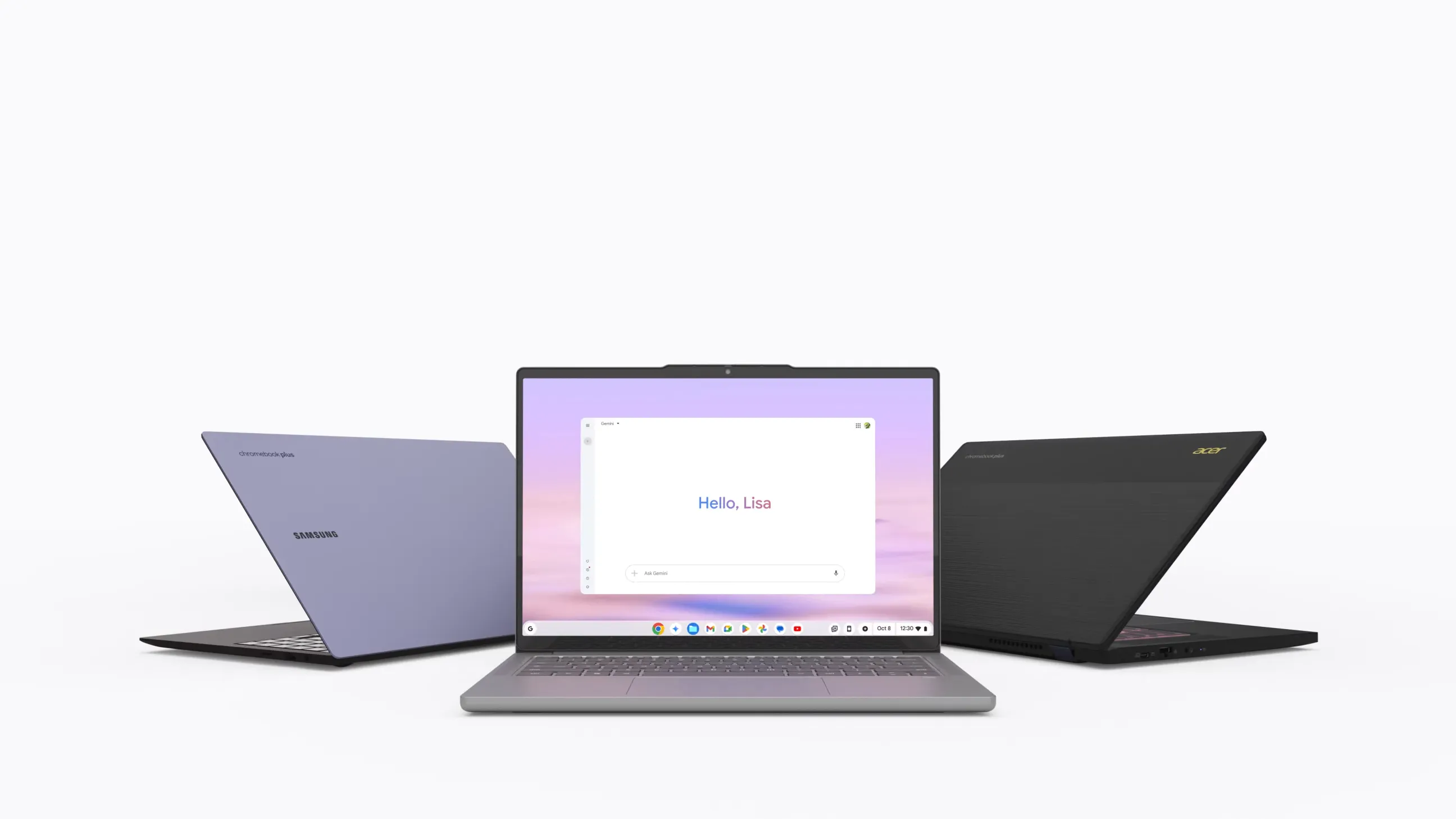Google's latest move might surprise you. It fits a bigger pattern across the tech landscape. After December 16, 2025, Google will no longer support Tables, its ambitious Airtable rival that launched on September 22, 2020. The platform, which let users create database tables and design custom views through kanban boards, offered 100 tables with 1,000 rows each for free. Here's the twist: Tables has been discontinued in favor of Google AppSheet, marking another chapter in Google's complex relationship with productivity tools.
I have watched Google launch and sunset products for years. This one feels familiar, and it says a lot about how the company allocates resources in crowded markets.
Where do we go from here?
This shutdown fits Google's larger strategy, focus resources where the company can differentiate instead of brawling in saturated categories. Rather than chasing Airtable head-on, Google is leaning into AppSheet for no-code app development and keeping Sheets as the default spreadsheet solution. Google Sheets is 100% free, though additional enterprise features can be accessed with a Google Workspace subscription, which suits teams that do not need Airtable's database depth.
If you are choosing tools, the Tables exit actually simplifies things. Pick Google's integrated ecosystem, pick Airtable's specialized hybrid, or connect the two when needed, Airtable and Google Sheets can be linked using services like Zapier.
PRO TIP: Small businesses should start with the core job to be done. If you need straightforward spreadsheets with strong collaboration, Google Sheets is tough to beat. If you are tracking complex projects, customers, or inventory, Airtable's database first approach will feel right.
The takeaway is not that Google failed. They saw a product without clear market fit, then chose to consolidate instead of spreading resources thin. That restraint can be a strength. It lets Google sharpen the tools people already rely on, instead of maintaining a confusing lineup of overlapping solutions.

























Comments
Be the first, drop a comment!